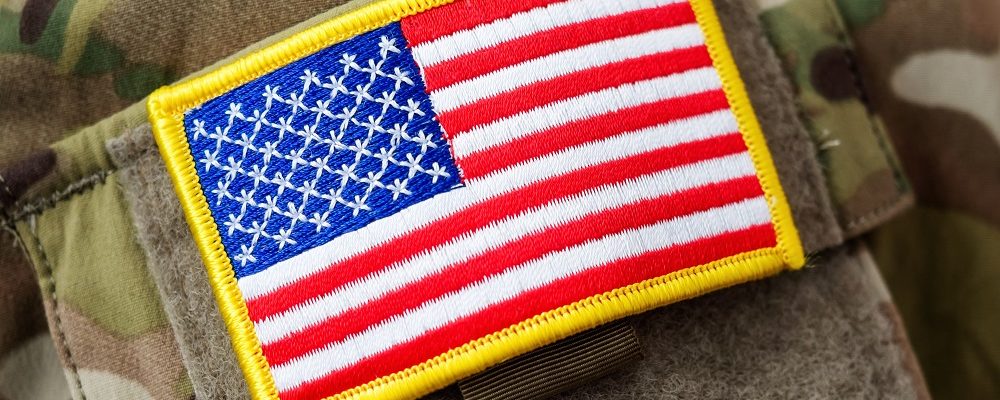Fascinating insights into efforts to jump start the post-service careers of US military veterans have emerged from a recent article at Inc.com. [1]
In the piece, managing editor Lindsay Blakely presents a case study of Colorado Springs, where 17% of the workforce is ex-military. Brewer Todd Baldwin – who from the age of 24 served for 16 months as an artillery officer in Iraq – tells Blakely that in just 48 months, the city’s commercial landscape has “done a 180” from consisting only of chain restaurants, big-brand stores and Department of Defense contractors to having a thriving startup culture.
Sketchy, one-page advice sheets from city agencies on how to launch particular types of firms are no longer the only sources of vital information: budding entrepreneurs now have access to local business accelerators for seed funding, plus specialist liaisons who can help out with administrative tasks such as obtaining building permits.
However, the real ace up the community’s sleeve is the city’s co-working space Catalyst Campus, which enables entrepreneurs to mingle with aerospace and defence industry representatives and provide innovations in response to specific threats or needs.
Seth Harvey, co-founder and CEO of local enterprise-software firm Bluestaq – which began life at the Campus in 2018 – says that the presence of government contractors at the facility means that “You can go down the hall and get real-time feedback” on business ideas.
Meanwhile, Baldwin’s brewery Red Leg has become a hothouse of mentorship for struggling veterans with business ambitions, who regularly drop by the firm’s tasting room for advice and networking events.
According to the piece, Baldwin has helped fellow ex-military staff launch businesses in a variety of sectors, from IT firms to sunglasses companies, restaurants and rival breweries. He has even personally provided loans for some of those ventures.
Baldwin’s message to the city is to hold on to these entrepreneurs rather than see them move elsewhere. “Why waste this?” he says. “We just need to get those veterans to say, ‘I’m going to put it on the line again and commit.’”
What can the UK learn from Colorado Springs about veterans’ sense of initiative and the types of ecosystems that must exist around them to provide advice, reassurance and access to opportunities?
The Institute of Leadership & Management’s head of research, policy and standards Kate Cooper says: “If we look at the rise of shared office spaces and co-working hubs, and how certain industries seem to gravitate towards specific areas – for example, media and technology firms huddling around London’s Old Street – it’s clear that work is as much a social calling as an economic one.
“Firms in shared spaces will have a degree of interest in what the businesses around them are doing. Their owners will have a willingness to connect – to find out what fellow entrepreneurs are up to and how they’re dealing with various challenges. In that sense, it’s unsurprising that these ecosystems grow and take on lives of their own, because that’s the natural by-product of sharing ideas. However, what’s really remarkable is the force for good that these hubs and networks become over time – particularly in terms of reinvigorating communities and bringing in the voices of underrepresented groups.”
Cooper points out: “In our research, we have found that veterans acquire so many skills while serving – but when they come to try to use them in civilian organisations, there are mismatches of language, culture – and even, quite often, confidence. So those valuable skills are not being effectively harnessed and utilised. However, if we look at what’s happening in Colorado Springs with Catalyst Campus and Red Leg, a very different outlook is prevailing. The veterans are bringing all of their skills into environments where what they know is being translated and augmented by the people around them.”
She adds: “One would expect the learning to be two way – because once these veterans have started their own businesses and seen them flourish, they’re no longer the ex-military personnel who need help. They’re successful businesspeople with inspiring, instructive stories to tell. With that in mind, it’s in every county, city and town’s interests to nurture local hubs and networks of which veterans are part. Support and harness them as a means of ensuring that our communities’ retail centres aren’t just places for having coffee – but for generating income and economic productivity.”
For further insights on the themes raised in this blog, check out the Institute’s report Leadership Redeployed
Source ref: [1]

